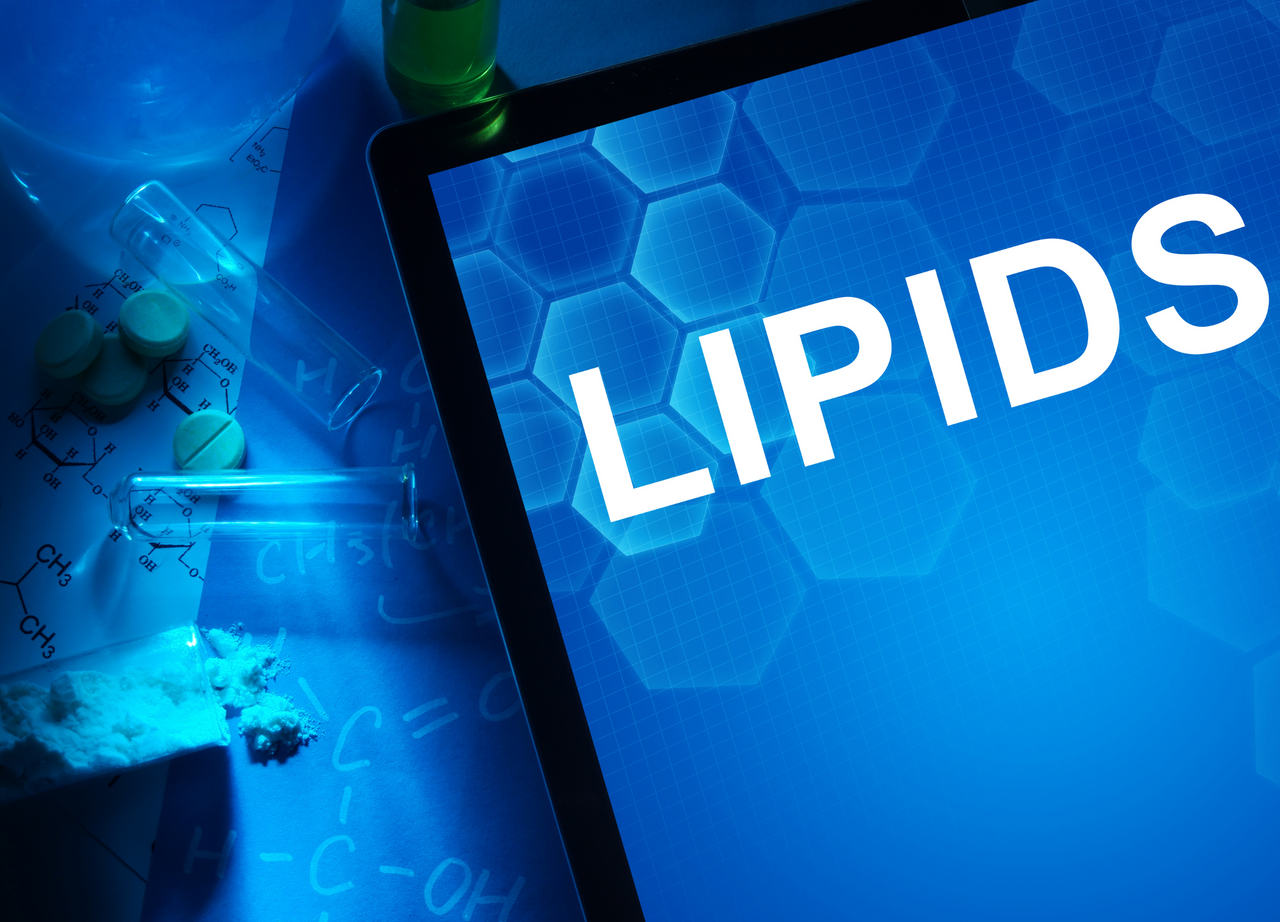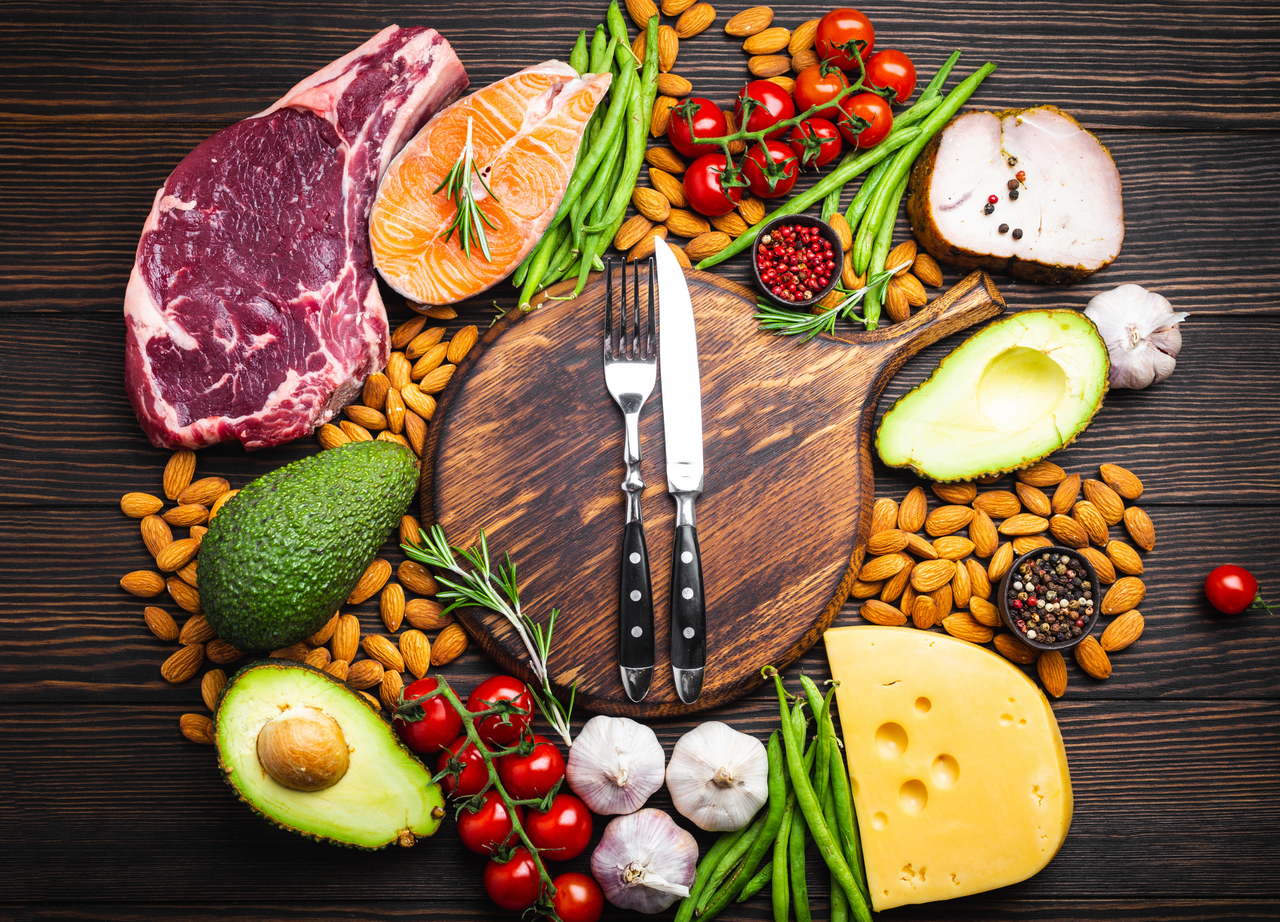So, Which Is It, For Once? - Can I Still Have My Coffee?
For years, doctors cautioned people to avoid coffee because it might increase the risk of heart disease and stunt growth. They were concerned that people could become addicted to the high amounts of caffeine. Experts also feared that coffee had damaging effects on the digestive tract, which could lead to stomach ulcers, heartburn, and other ills.

Then, some 20 years ago, we witnessed a shift in the narrative, and suddenly all magazines and web outlets have been flooded with talk about coffee being great for us, full of antioxidants, having life-prolonging properties, and so on.
But then, we had a pushback to that, and coffee was once again publicly vilified.
So, which is it? Can we have our coffee guilt-free?
Let’s explore that in some depth.
The Numerous Benefits Of Drinking Coffee - With Moderation
We’ve come a long way from the cans of Folgers that filled our grandparents’ cupboards, with our oat milk lattes, cold brews, and frappuccinos. Some of us are still very utilitarian about the drink while others perform elaborate rituals. The fourth most popular beverage in the country, coffee is steeped into our culture. Just the right amount can improve our mood; too much may make us feel anxious and jittery.
Although early studies of coffee suggested that it could lead to health problems, recent research provides strong evidence that drinking coffee actually has a variety of health benefits. The overall evidence has been pretty convincing that coffee has been more healthful than harmful in terms of health outcomes. For most people, moderate coffee consumption can be incorporated into a healthy diet. Moderate coffee intake—about 2–5 cups a day—is linked to a lower likelihood of type 2 diabetes, heart disease, liver and endometrial cancers, Parkinson’s disease, and depression. It’s even possible that people who drink coffee can reduce their risk of early death.
The Morning Ritual Of Millions
There are few things more ritualistic—and to many, more sacred—than a morning cup of coffee. 64% of Americans drink at least one cup a day—a statistic that’s barely budged since the ’90s. Despite warnings from doctors over the years that coffee may be hard on the body, people have remained devoted to the drink. Luckily for them, the latest science is evolving in their favor. Research is showing that coffee may have net positive effects on the body after all.
Before getting into all the details, let’s take a quick look at what you’re actually getting when you down a cup. An eight-ounce cup of brewed coffee contains approximately 96 mg of caffeine, according to the Mayo Clinic.
If you’re more of an Americano kind of a gay/gal, a shot of espresso has 64 mg of caffeine. By comparison, a cup of brewed green tea has 28 mg. And of course, the caffeine content can vary widely across beans and brew methods—like French press, drip, pour-over, or unfiltered coffee.
What Exactly Is In That Aromatic, Tasty Cup?
As far as other coffee nutrition facts go, its macronutrients are pretty much negligible. A cup of plain black coffee—no milk, cream, or sugar—has about two calories and basically zero carbs, protein, or fat, per the U.S. Department of Agriculture. Coffee also contains trace amounts of vitamins and minerals like calcium, iron, potassium, magnesium, and niacin. And coffee is packed with a whole bunch of other lesser-known substances too. Coffee beans have over 100 biologically active compounds. That includes antioxidants like phenolic acids and flavonoids, which are associated with a wide variety of positive health effects.
Caffeine Is The Most Commonly Consumed Psychoactive Substance In The World
Soft drinks, tea, and chocolate all contain caffeine, but coffee is the biggest source.
The caffeine content of a single cup can range from 30–300 mg, but the average cup is somewhere around 90–100 mg.
Caffeine is a known stimulant. In your brain, it blocks the function of an inhibitory neurotransmitter called adenosine.
By blocking adenosine, caffeine increases activity in your brain and releases other neurotransmitters like norepinephrine and dopamine. This reduces tiredness and makes you feel more alert.
Numerous studies demonstrate that caffeine can lead to a short-term boost in brain function, improving mood, reaction time, vigilance, and general cognitive function.
Caffeine can also boost metabolism by 3–11% and exercise performance by 11–12%, on average.
However, some of these effects are likely short-term. If you drink coffee every day, you will build up a tolerance — and with it, the effects will be less powerful.
Coffee lovers around the world who reach for their favorite morning brew probably aren’t thinking about the ways it improves their health. Most people are drinking coffee simply because of its ability to provide a much-needed energy boost from caffeine. However, according to numerous studies, coffee also offers fantastic health benefits.
Coffee Can Help Us Learn Quicker
Just the smell of a cup of coffee can help us perform better on tests. In one study, 100 undergraduate business students were enlisted to take a 10-question algebra test. Some students finished their exams in a computer lab that smelled of coffee, while others worked in an unscented room.
The test results showed students in the room that reeked of coffee scored markedly higher on their test. In fact, the smell of coffee, they found, even added an extra layer of confidence for test-takers, increasing their expectations of performing better on the exam. Scientists believe the study should have wide-ranging implications. The scent of coffee may even help employees feel more enthusiastic or productive in the office.
Olfaction is one of our most powerful senses. Employers, architects, building developers, retail space managers, and others, can use subtle scents to help shape employees’ or occupants’ experience with their environment.
But, Can Coffee Cause Addiction?
Is coffee a drug? The caffeine in it sure is. It doesn’t exert the same addictive effects as, say, nicotine. But with regular caffeine consumption, your body can definitely get used to the energy boost and feel crappy when you miss out, according to the National Institute on Drug Abuse. That can make cutting back or quitting altogether a little unpleasant, as you might’ve experienced yourself before. Headaches are one of the most common caffeine withdrawal symptoms. But, slowly weaning yourself off can lower the chance of experiencing that.
The bottom line is that you should drink coffee if it agrees with your mind and body—in other words, if it makes you feel good and isn’t causing you negative side effects that outweigh those benefits.
Again, we’re all different. While some people might swear that they function best on three espressos a day, others are upfront about the fact that cutting out coffee or lowering the amount of caffeine they drink was key for helping them get a handle on their insomnia or anxiety. And if you have any health conditions that make you concerned about the potential effects of coffee drinking, definitely talk to your doctor.
The Sheer Pleasure Of Coffee Drinking
One more factor that contributes to the personal nature of the decision to drink coffee or not that we haven’t really touched on yet is just the pure pleasure of sipping it. There are all the potential positives and negatives we discussed above, and then there’s the less quantitative potential benefit of drinking coffee— the undeniable fact that for many coffee drinkers coffee is pretty much the elixir of life.
Finally, if you’re not already a devoted coffee drinker, don’t feel like you have to start for the sake of your health. While coffee definitely has its perks, you won’t miss out on anything major by skipping it. There are plenty of foods and beverages with massive health benefits, so if you’re not a coffee lover, there’s no real need to become one.





